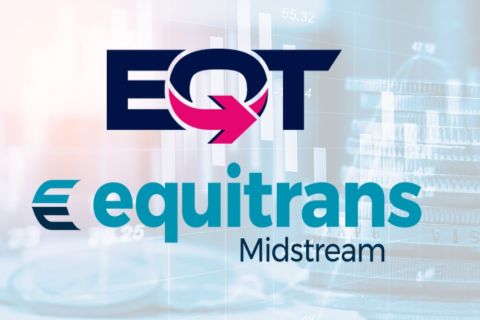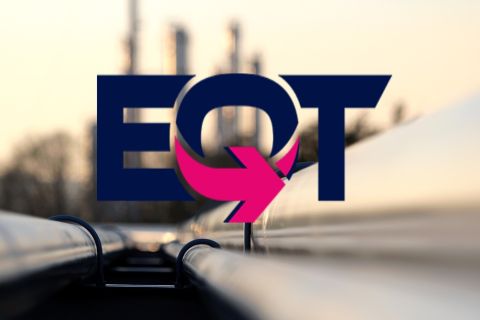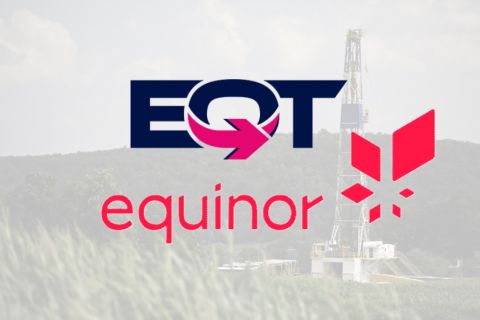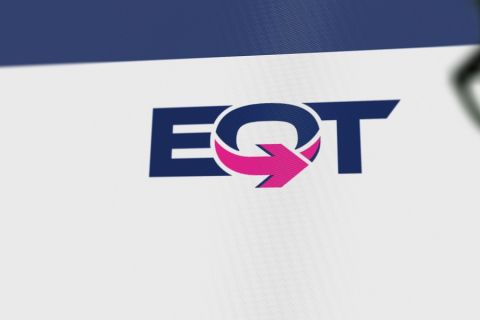Exxon Mobil Corp. is "very close" to completing its workforce appraisals in the U.S. and Canada and expects to unveil job cuts, its CEO told employees in an email on Oct. 21.
The second-largest U.S. oil company by market value lost nearly $1.7 billion in the first six months and analysts forecast a third-quarter $1.17 billion loss, according to IBES data from Refinitiv.
The job cuts are part of a plan unveiled this spring to redesign how Exxon Mobil works and to increase competitiveness, CEO Darren Woods said in an email to its nearly 75,000-person workforce.
Exxon Mobil has exceeded a target of reducing operating expenses by $1 billion and capital budget spending by $10 billion, he wrote. But the COVID-19 pandemic has cut oil demand by about 20%, he said, delivering a "devastating impact" on the oil business.
Woods told employees that "we are very close" to completing the jobs review and that they could expect details soon after the company's board of directors is briefed.
"I wish I could say we were finished, but we are not. We still have some significant headwinds, more work to do and, unfortunately, further reductions are necessary," he said in the email.
Exxon Mobil was slower than rivals to react to this year's oil price decline and borrowed $23 billion to shore up a balance sheet strained by the losses and a nearly $15 billion annual dividend payment to shareholders.
Royal Dutch Shell Plc and BP Plc have outlined up to 15% workforce cuts while Chevron Corp. has asked employees to reapply for their jobs.
Woods said the demand loss is five times the decline of the 2008 financial crisis, but "industry under-investment today will increase the need for our products in the near future."
All oil companies face the same loss of demand, but Exxon Mobil has the burden of promising to keep its huge dividend without adding new debt, said Raymond James analyst Pavel Molchanov. U.S. oil prices must rise another $10 a barrel to cover the payout without borrowing, he estimates.
"If management has to walk back their pledge" not to issue new debt to protect the dividend, "it would damage credibility," Molchanov said.
Exxon Mobil's dividend yield, the percent of the share price paid annually to holders, was 10.3%, the largest among major oil companies and another sign of Exxon Mobil's weak finances.
Its shares fell 1.6% to $33.14 on Oct. 21 as oil prices declined on worries that the COVID-19 infections are on the rise globally. The stock is trading near a 18-year low.
Recommended Reading
EQT Deal to ‘Vertically Integrate’ Equitrans Faces Steep Challenges
2024-03-11 - EQT Corp. plans to acquire Equitrans Midstream with $5.5 billion equity, but will assume debt of $7.6 billion or more in the process, while likely facing intense regulatory scrutiny.
EQT Ups Stake in Appalachia Gas Gathering Assets for $205MM
2024-02-14 - EQT Corp. inked upstream and midstream M&A in the fourth quarter—and the Appalachia gas giant is looking to ink more deals this year.
EQT Strengthens Appalachian Position in Swap with Equinor
2024-04-16 - EQT, the largest natural gas producer in the U.S., is taking greater control of the production chain with its latest move.
EQT, Equitrans to Merge in $5.45B Deal, Continuing Industry Consolidation
2024-03-11 - The deal reunites Equitrans Midstream Corp. with EQT in an all-stock deal that pays a roughly 12% premium for the infrastructure company.
EQT, Equinor Agree to Massive Appalachia Acreage Swap
2024-04-15 - Equinor will part with its operated assets in the Marcellus and Utica Shale and pay $500 million to EQT in exchange for 40% of EQT’s non-operated assets in the Northern Marcellus Shale.





